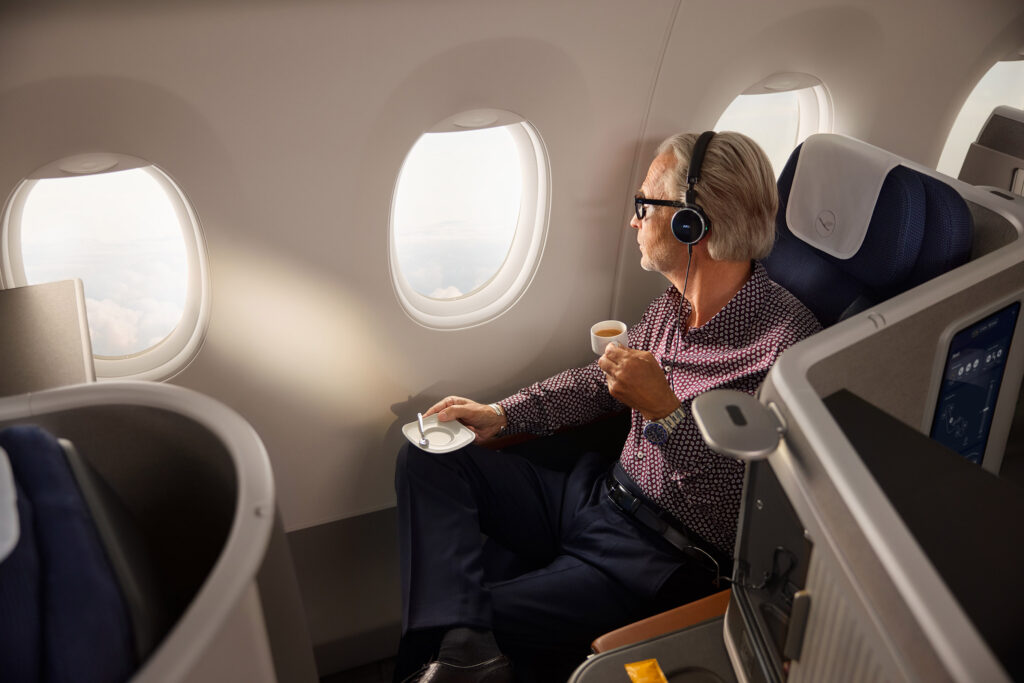Business travel has made a remarkable comeback in 2024, surpassing pre-pandemic levels and changing the way companies and their employees perceive corporate travel. This resurgence is being driven by hybrid work models and the return of in-person meetings, leading to an evolution of the industry rather than just a recovery. Businesses are reevaluating their approach to travel, and employees are finding new ways to balance work and leisure.
The revival of business travel
Business travel bookings are surging as companies strive to build relationships, close deals, and attend conferences. According to the ‘Modern Business Travel Benchmark’ report released by Navan, an online travel management corporate card and expense management company, bookings through August 2024 averaged 118% compared to 2019 levels.
Although Zoom calls have become a part of daily life, the value of in-person meetings has proven essential to business growth.
This resurgence has also seen a notable shift in the reasons for travel. Since 2019, the frequency of office visits, meetings, and customer visits have all increased.
According to the report, office visits now account for 28% to 33% of business travel, while conference travel rose to 15% from 12% in 2019.
This increase shows the importance of in-person interaction, whether it’s fostering collaboration between internal teams or building relationships at industry events.
Flight and hotel prices are rising
As travel returns, costs will rise. The base price of a flight ticket has increased by 18% from 2019, and taxes and fees have increased by 25%.
The report points out that basic fares for domestic flights rose by 11%, while prices for international flights rose by 33%, mainly due to fuel surcharges.
Similarly, lodging costs rose by 14%, with the average nightly hotel rate rising from $195 in 2019 to $209.
However, companies are looking for ways to offset these costs. One notable trend is the increase in booking lead times, with companies planning trips further in advance to reduce costs.
In 2024, businesses booked flights an average of 6.2 days earlier than previous years, reflecting a strategic shift to cost-cutting measures.
leisure boom
A key trend shaping modern business travel is the rise of “bleisure” travel, which combines business travel with personal time.
The report notes that Navan’s “extend stay” feature makes it easy for employees to add extra days of leisure to their business trips, and this trend shows no signs of slowing down. In fact, leisure bookings are up an impressive 275% year over year as employees increasingly use business travel to explore new destinations.
As prices drop during the fall shoulder season and conference calendars heat up, more employees are combining work and leisure.
From September to mid-November, leisure travel makes up a large proportion of annual bookings, with many employees extending their business trips by an average of two days to enjoy their surroundings.
Sales team takes the lead
Navan also found in the report that while sales teams still account for the majority of business travel, their share has declined slightly since 2019.
Sales teams now account for approximately 43 to 44 percent of travelers, down from 51 percent pre-pandemic, reflecting the broader diversification of travel needs across other sectors.
Engineering and operations teams now account for 12% of travel bookings, with marketing, finance and human resources also seeing an increase in travel.
Sales teams in particular have adopted new travel rhythms, with spring and early summer becoming the best seasons to close deals and meet with customers.
Overseas travel and the rise of the railway
Another notable change in business travel is the growing preference for international travel over domestic travel. Bookings for international travel have increased by 9 percentage points since 2019, but domestic travel has correspondingly declined.
This trend highlights the global nature of modern business, with more companies seeking international opportunities and partnerships.
In Europe, for example, the increase in rail travel is also gaining momentum, especially in light of new environmental regulations. Countries such as France have introduced rules that prioritize rail travel over air travel on short-haul routes, resulting in a 6% increase in rail bookings since 2019.
What happens next?
Going forward, business travel is expected to continue to increase due to the need for face-to-face interactions and the growing popularity of flexible working arrangements.
Companies are looking for ways to maximize the benefits of company travel while controlling costs and improving employee satisfaction. The ability to blend work and leisure and the convenience of advanced booking technology are changing the way both employees and employers approach business travel.
Modern business travel is shaping a new era of corporate mobility, with companies embracing opportunities to combine work and personal time, giving travelers the opportunity to make the most of their travels.

